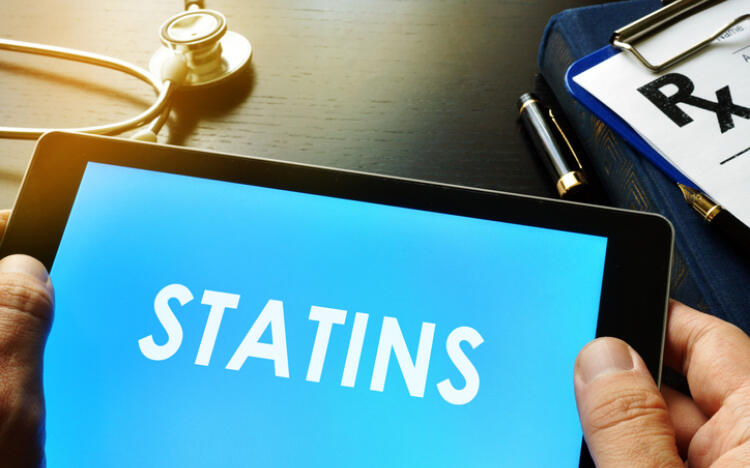All medicines (prescription and non-prescription) can have side effects. The chance of developing side effects can vary greatly between people, and not everyone experiences side effects, even when taking the same medicine at the same dose for the same condition.
If you have been prescribed or recommended a medicine (including statins) make sure to discuss possible side effects with your doctor, nurse or pharmacist. This discussion should include how to recognise side effects, how to manage any side effects you experience and when to seek further medical help.
Find out more about side effects in general.
If you think you are experiencing side effects or are concerned about your statin, speak with your doctor, nurse or pharmacist, but do not stop taking your medicine unless they advise you to. In some cases your doctor or nurse may decide to reduce your dose or change you to a different statin, so that you are still receiving some benefits but are at less risk of side effects.
Find more information about side effects in the Consumer Medicine Information (CMI) for your statin. Go to our Medicine Finder and type in the active ingredient or the brand name of the statin you have been prescribed.
You can also call NPS Medicines Line on 1300 MEDICINE (1300 633 424) for information about your prescription, over-the-counter and complementary medicines (natural, herbal, vitamins and minerals) — from anywhere in Australia, Monday to Friday, 9 am to 5 pm AEST (excluding NSW public holidays).
